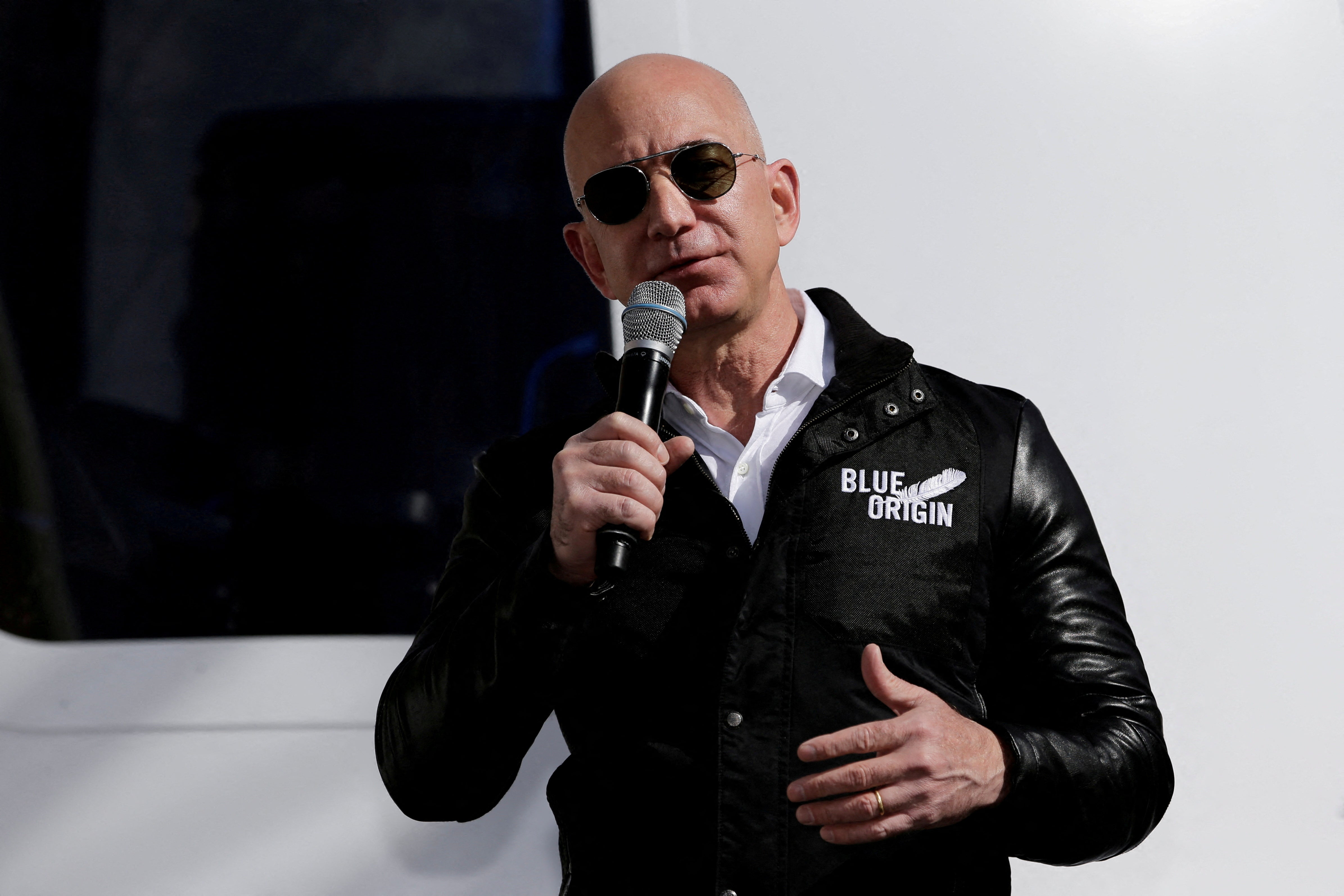Jeff Bezos’ private space company Blue Origin announced it will be reducing its workforce by 10 percent, just one month after its first successful rocket launch, according to a report.
After a Thursday all-hands meeting, Blue Origin CEO Dave Limp sent an email, obtained by The Independent, outlining the “tough decision” to lay off about 10 percent of its staff.
“Our primary focus in 2025 and beyond is to scale our manufacturing output and launch cadence with speed, decisiveness, and efficiency for our customers. We grew and hired incredibly fast in the last few years, and with that growth came more bureaucracy and less focus than we needed,” he wrote. “It also became clear that the makeup of our organization must change to ensure our roles are best aligned with executing these priorities. Sadly, this resulted in eliminating some positions in engineering, R&D, and program/project management and thinning out our layers of management.”
The company will send impacted employees emails to their personal and work addresses notifying them of their employment status by 10.30 a.m. E.T Thursday. Employees not impacted will also receive emails at the same time confirming their continued employment at Blue Origin.
“We will continue to invest, invent, and hire hundreds of positions in areas that will help us achieve our goals and best serve our customers,” Limp wrote. “This year alone, we will land on the Moon, deliver a record number of incredible engines, and fly New Glenn and New Shepard on a regular cadence.”
He thanked impacted employees for their “hard work and passion for our mission” and encouraged staff to work from home Thursday if their roles allowed for it.
Bloomberg first reported that the space tech firm was preparing to make cuts Thursday.
In the quarter-decade since its founding, the company has grown to 14,000 employees, according to the outlet.=
The personnel cuts come weeks after Blue Origin launched its New Glenn rocket after a series of delays. Its initial launch was

At a conference in Washington, D.C. this week, Limp called the launch a “good first step,” noting that more work is on the horizon.
“We have a lot of work to do ahead of us, and we have to get to a cadence where we’re flying very often, got to get the manufacturing to a higher cadence,” he said. “But it’s such a good first step to see it happen.”
Blue Origin has been hoping to increase the number of New Glenn flights, the outlet reported.
NASA plans to use the New Glenn launch vehicle in two upcoming trips. “Future New Glenn missions will carry the Blue Moon Mark 1 cargo lander and the Mark 2 crewed lander to the Moon as part of NASA’s Artemis program,” Blue Orbit said last month after its launch.
It’s ambitious space portfolio includes plans for space tourism, a moon lander, space station and supplying rocket engines.
Blue Origin has been trying to make gains in the industry dominated by its rival SpaceX, which just landed a $40 million NASA contract as its CEO and founder Elon Musk, the head of President Donald Trump’s Department of Government Efficiency, calls for significant funding cuts to parts of the government.







